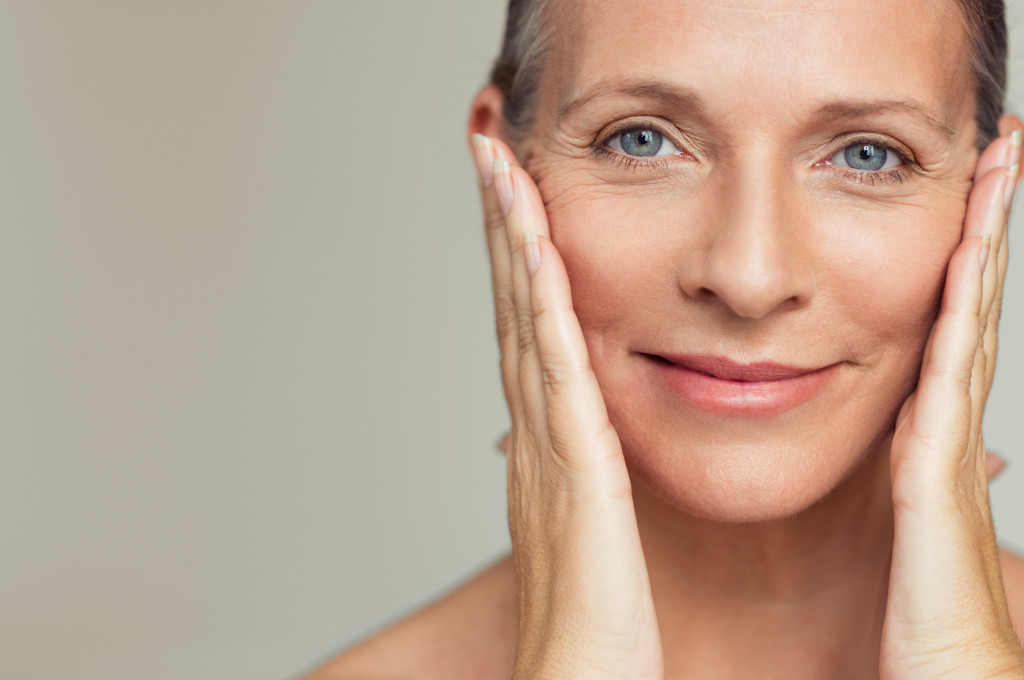People spend hundreds of dollars on skincare. Many use more than just one product every day to address common skin conditions and to prevent the signs of premature aging.
Beauty is a huge industry. The global skincare sector alone is expected to grow to be $189.3 billion by 2025. The market has also shifted from older consumers to younger generations in recent years as more people start using products in a bid to preserve their youthful appearance as much as possible.
However, all this work and money are going down the drain because of common habits that are wrecking the skin. Here are a few to avoid.
DIY Chemical Peel
Consumers nowadays have more control over what goes into their skincare products. There are many brands that have stripped their offerings to the bare essentials so that the customer is aware of what exactly they are applying onto their faces.
It is also not unusual to see exfoliating acids being sold in bottles. Some mix two or more at varying strengths/concentrations to be used at home. Some reach the 30% mark which is considered very potent and can be dangerous if handled incorrectly.
One beauty writer sustained painful burns on her face after using a popular chemical exfoliator. Even after she followed the instructions, including doing a patch test and leaving the product within the recommended time frame, her skin was still damaged. She had to see a doctor for the burn.
In most cases, going to a trained aesthetician for a facial treatment rather than doing it on your own at home without supervision is safer. These people are trained to assess a client’s skin and apply only the right product in the appropriate amount to avoid chemical burns. It costs more money, but it is worth it knowing that you and your skin would not suffer any adverse effects.
Using Too Many Products
A few years ago, the 16-step Korean skincare routine became very popular. Many celebrities and social media influencers adopted it and shared their own expansive daily regimen with their fans.
While it works for some people, many might find it a waste. Many people make the mistake of buying and trying out every new skincare product in the market. However, just because it claims to address a particular skin concern does not mean it will be good for your skin.
Not all skincare products work well together. Often, there are active ingredients that either cancel each other out when mixed or have a negative interaction that leads to skin irritation. It is best to understand which ingredients should not be applied together. The common rule is to never layer alpha hydroxy acids (AHA) like glycolic acid and retinol, benzoyl peroxide, and vitamin C together.

Using Facial Wipes
Those facial wipes you use to remove makeup and grime off of your face at the end of the day are not inherently bad. They are very convenient to use if you do not have access to a face wash or too tired to wash your face. They are okay to use every once in a while.
However, do not use it as an alternative for washing your face regularly.
Most facial wipes are loaded with alcohol and fragrance that will dry out your skin and cause irritation. They will change the natural pH balance of your skin which should be around 5. If your skin’s pH level is too low or too high, it is a sign that your skin is not as healthy as you hope it would be.
Moreover, the pulling and rubbing of your skin when you use facial wipes will only lead to sagging, wrinkles, and fine lines. Reserve the facial wipes for when you really have no option and use a gentle cleanser for your skin every day.
Over exfoliation
Your skin sometimes needs a little nudge in order to get rid of the layer of dead skin cells that steal your glow. You need to reveal newer, healthier, and younger-looking skin underneath through exfoliation.
Applying a gentle chemical exfoliator, like lactic acid and glycolic acid, or using a physical exfoliator will remove the stubborn dead skin cells. The dangers of exfoliating acids that are too potent and strong have been discussed above, but not all physical exfoliators are harmless, either. Stay away from scrubs that are too abrasive. They might leave microscopic tears on your skin and strip it of its natural oils. As a result, your skin will overcompensate by producing more sebum which will only spread bacteria and cause acne.
The skin can weather through anything. It can repair itself when it is injured and it can tolerate harsh environmental elements or products. However, your skin also needs TLC.
